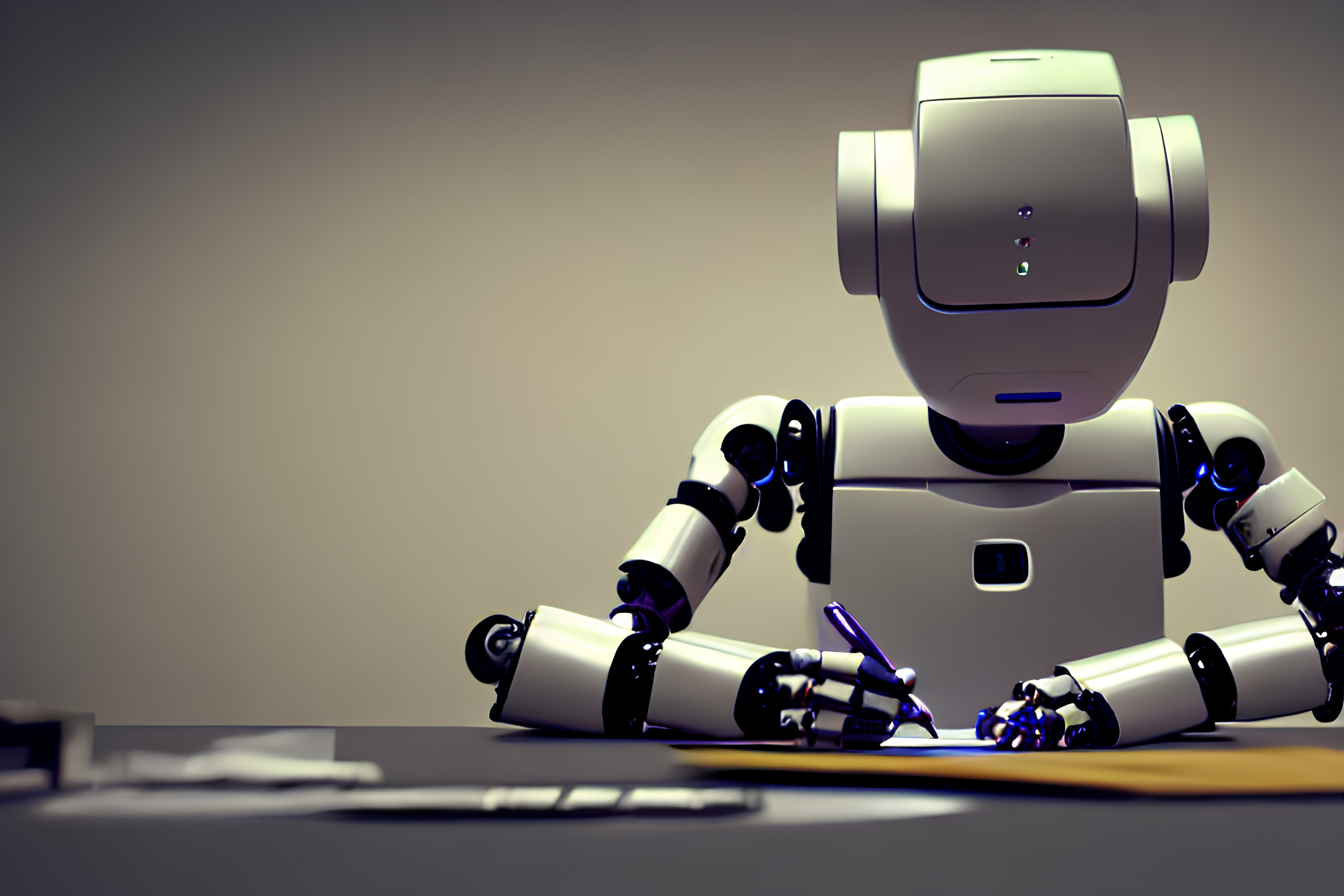OpenAI's ChatGPT: ethical and societal impacts

ChatGPT famous chatbot attracts some people and worries others. What is certain is that OpenAI's innovation does not leave anyone indifferent. The tool has shocked teachers in recent weeks following a scam by several students who used virtual assistants. Innovative AI is generating interest in many areas of activity. What are the risks of ChatGPT? What are its ethical and social implications? How do you use this technological power to create only positive value?
ETHICAL AND SOCIAL RISK OF CHATGPT
- Algiarism: a new term to define plagiarism behavior by chatbots, which represents a threat to authors and many areas of activity.
- Bias or discrimination: chatbots, even with prior training and supervision, are not infallible. It is possible that offensive or dangerous remarks slip through the meshes of its neural network.
- Data veracity: the Internet contains a lot of technical, conceptual and scientific nonsense... ChatGPT gathers information that may be false and delivers it to us in its content.
- The replacement of numerous professions: contrary to popular belief, high value-added professions could also be under threat. This is the case for journalists and graphic designers, who have been divided on the subject of ChatGPT in recent weeks.
- The creation of oriented chatbots : if ChatGPT had been created by experts with questionable virtues, so will the tool. We can cite the example of ChatCGT chatbot designed by Vincent Flibustier and his brother, who supported it with leftist views.
- Cybercrime: fully trusting a chatbot can be a big risk if the virtual agent is created for malicious purposes (e.g. financial fraud).
Responses to the ethical and societal risks raised by ChatGPT
« Constraint stimulates the imagination »
This famous phrase by Georges Brassens can be applied to the subject of artificial intelligence and in particular to OpenAI's remarkable chatbot.
As ChatGPT brings with it its share of risks, flaws and concerns, it is also forcing us to question our models and seek solutions to circumvent and confront its problems. Due to the risk of plagiarism (algiarism), some schools have already blocked the chatbot, while OpenAI is unveiling its new AI TextClassifier tool to identify text originating from ChatGPT.
Numerous articles have discussed the phenomenon of professional replacement that the deployment of AI could provoke. Although companies have already launched their technological revolution, the question of the future of professions remains abstract because of the difficulty of understanding what would really change in everyday life. Yet reflection on this subject is essential to guarantee economic equilibrium. ChatGPT has made this perspective a brilliant reality.
There is a risk of unemployment in certain professions, but we must never forget that AI is a human production, and that it requires experts capable of supervising and developing it. As Pascal de Lima, an economist, explains so well, professions will transform: « Not all professions will necessarily disappear, but they will be transformed and enriched in the years to come. Others, on the contrary, will emerge... It is above all the analysis and interpretation professions that will be preserved. »
Technology, no matter how powerful it may be, still needs to develop empathy, accuracy, critical thinking, values of equality and fairness, or even a sense of humour… Only humans can teach it these principles and supervise its evolution.

As for other threats (cybercrime, illegal appropriation, misinformation, discrimination, etc.) they must be reflected and acted upon. Experts will be indispensable to deal and counter them, but not only. A regulated, ethically responsible and monitored AI is essential. When it comes to the veracity of the information provided by chatbots, for example, we may well wonder whether committees will be set up to validate or reject their productions. Who will decide what is true or false in the answers given by virtual assistants? Everything has to be done and invented before diving into the technological depths. A new ecosystem is emerging. Before we embrace intelligent systems in any way, it is important to understand their limitations and threats. On January 23, the French Data Protection Authority (CNIL) announced the creation of artificial intelligence department. It is expected that similar initiatives will be implemented in other organizations in the coming months. One thing is certain: AI can create positive added value if all actors in society work together on this topic. Therefore, the goal is to organize a general consultation and an effective framework for various spheres of our society's life (economy, technology, law, politics, etc.).
The implementation of technology raises social and ethical questions. Algorithms are developing faster than we think. This is not a drama as long as we are aware of it, evaluate and anticipate future developments. Reluctance to change or techno-phobia no longer exists. AI has made a stunning entry into our lives with ChatGPT. It's up to us to teach it to tap and ask permission.

